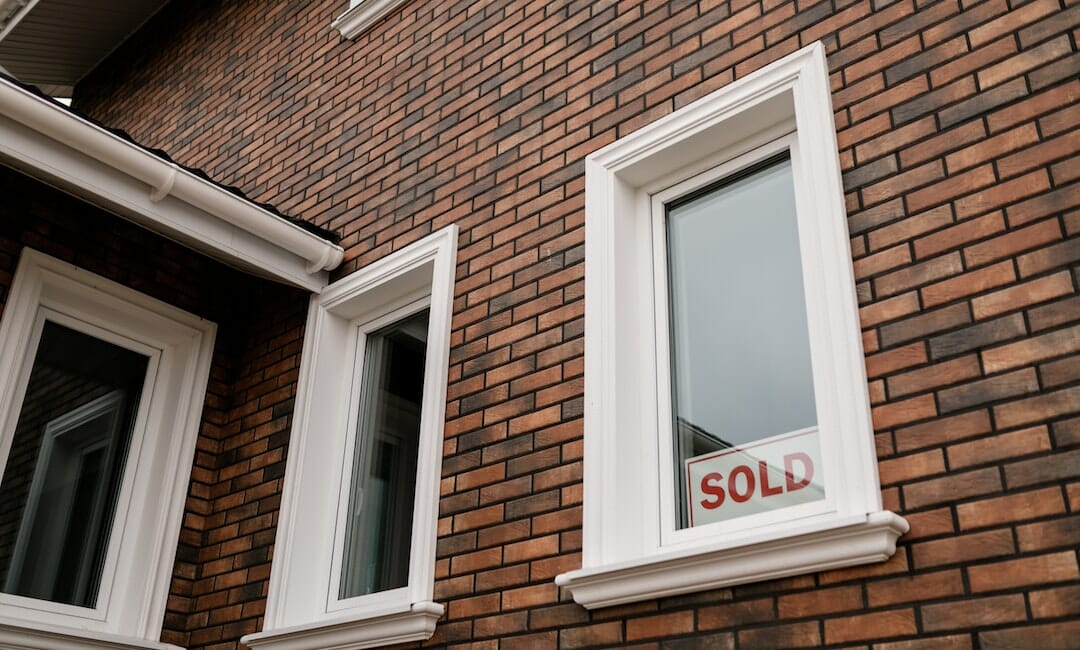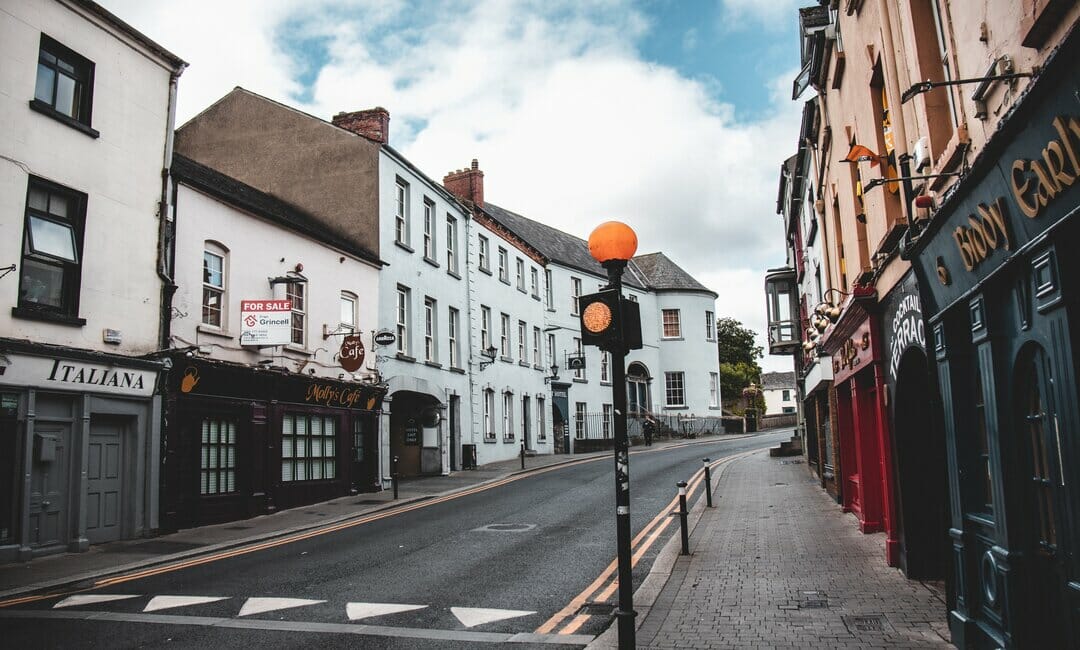In 2022 the Irish property market continued to boom, despite other regional markets declining. We saw interest rates climb and the threat of recession impact the property sector. Although still one of the strongest property markets in the EU, Q4 of 2022 saw the market dip slightly, and house prices ease a little across Ireland. But, it remains to be seen if these declines are seasonal or a sign of things to come in 2023.
This article will look at the opportunities and challenges for the Irish property market this year. We will consider if 2023 is a good time to invest in Irish property or if investors should consider holding off until the market stabilises and also any market changes that investors and buyers should be aware of.
How is the property market in Ireland in 2023?
2022 saw the Irish property market hold up better than expected despite concerns around the impact of the cost of living crisis and raw material price increases affecting property developers across the country. The Q4 MyHome.ie report showed that house prices rose by an average of 6% across Ireland and 3.6% in Dublin.
The average house price in Ireland is currently €330,000. In Dublin, the average property price is €436,000.
Although it shows signs of recovery, Ireland’s housing supply is still stretched, with demand still outstripping current supply. On the 1st of December 2022, there were just 15,200 properties available to purchase nationally. This was an improvement over the previous 12 months. Supply levels, however, have not yet returned to pre-pandemic numbers, driving house prices up and seeing many property sales surpass the asking price despite the cost of living concerns.

Increasing demand for new-build homes
The demand for newly-built homes should increase in 2023. This is due to the extended help-to-buy scheme, which will run until the end of 2024 and the First Home Scheme. Both schemes are only available on new build properties, hence the surge in demand. The number of new properties being granted planning permission declined by 41% in the third quarter of 2022 compared to the same period 12 months earlier.
Also, it’s expected that the housing supply will likely drop part way through 2023 due to the rising costs of raw materials and house construction.
Although year on year, new build developments are on the increase, the number of homes available to meet the growing demand is still off track. Experts predict the number of available new build properties to be between 5000 and 25,000 short of what is needed. Although there’s still a lot of work to be done, the number of new builds available is increasing, which will only help to increase the supply across all areas. This slowdown in housing supply will leave many frustrated and continue to drive prices up.
The stock of second-hand and derelict homes is set to increase
The trend of small investors and landlords exiting the Irish property market is set to continue. This will result in a large volume of second-hand rental properties becoming available due to the new vacant home tax legislation coming into force.
It is predicted this new legislation will help combat the housing crisis to encourage owners to either sell or rent unoccupied homes.

Will Irish house prices fall in 2023?
Because property is still in high demand and supply is still stretched, we will unlikely see any significant dip in property pricing across Ireland during the first months of 2023. It’s more likely that the market will stay stable, with a small property price increase expected across the country. Property prices are unlikely to increase at the same rate we have seen over the last three years as as demand is likely to decrease and supply is expected to start recovering.
The Irish property market is expected to be particularly active in early 2023 as Central Bank amends its rules to allow approved first-time buyers to borrow up to four times their income. This is likely to make the first-time buyer market more competitive and see an increase in owner-occupier buyers. In 2023, property prices will slow and possibly decrease slightly, but nothing is certain at this stage.
Should I sell my house now or wait until 2024 in Ireland?
Most property experts will tell you that it is an excellent time to sell your home. Even though the market is showing signs of cooling and pricing is not as strong as it was 12 months ago, 2023 is an excellent time to sell. Why? There are several reasons, but high demand and low supply continue to top the list.
Another key reason selling in 2023 is a good idea is rising interest rates. The federal reserve has increased interest rates to combat inflation, which saw the Bank of Ireland adding a 0.25% increase to fixed mortgage rates in Q4 2022. Rising interest rates cause some mortgage buyers to drop out of the property market. For a motivated seller, listing your property before rates increase and the pool of available buyers decreases could be a smart move.
The MyHome.ie property report highlighted that the annual asking price for property increased by 7.8% in Q3 2022. There was also an increase of 46% in properties on the market compared to January 2022.

Is it a good time to buy a property in Ireland?
2023 is a great time to buy a property in Ireland for a variety of buyers. First-time buyers can take advantage of new legislation allowing them to borrow up to four times their income. Previously, the maximum was 3.5 x the buyer’s income rate. This means that despite the rising house prices across Ireland, more first-time buyers will be able to enter the market and purchase properties that were until now unaffordable based on their income.
Property investors can also take advantage of slowing house prices and high demand for rental properties across the country.
Is property as an investment a good idea in Ireland?
For the buy-to-let investor, there is still a significant demand for rental properties and demand from renters in the cities and larger towns is particularly stretched. Ireland has recovered exceptionally well compared to other European counties following the Covid-19 pandemic and was the only EU country to post positive numbers – achieving 3% economic growth in the 2021 census. Buy-to-let in Ireland remains a solid choice, with many investors achieving double-figure yields in the most sought-after areas. Additionally, long-term investors can benefit from the increasing prices across the property market over time. If you want to know more about the benefits of buy-to-let investing and why it’s still worth it, take a look at this article.
Conclusion
It’s undoubtedly set to be an exciting year for the Irish property market. Although supply continues to be stretched across the country, new legislation being introduced could see both owner-occupiers and investors choose to enter or exit Ireland’s property market. If you are looking to invest in property in Ireland, 2023 could be a great time to start a buy-to-let investment business.


